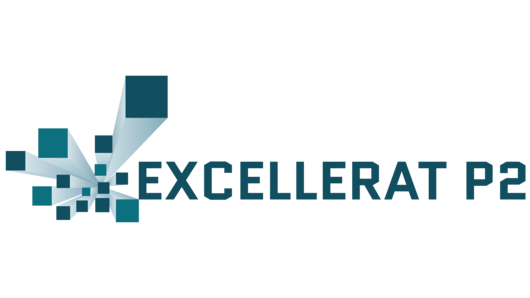High-Performance Computing Center Stuttgart

As a German national supercomputing center, HLRS offers world-class high-performance computing systems and expertise that can support the most computationally demanding simulation projects. Our HPC resources enable scientists to conduct research at the frontiers of science, private companies to develop globally competitive products, and public administration to make data-informed decisions.
Programming high-performance computing systems requires special expertise. HLRS's comprehensive HPC training and user support programs help our system users to use them more effectively.
Are you a scientist or engineer who is interested in using our computing systems? Click here to learn more about getting access.
Staff scientists at HLRS participate in funded research projects that are addressing key technical problems facing the future of high-performance computing. These activities include efforts to scale codes to larger supercomputing architectures, improve data management procedures for large-scale datasets, and enable better integration of HPC with other computing infrastructures. These activities contribute to the continuing evolution of high-performance computing and enable us to build expertise that we pass on to our system users.


